|
‘If I had only one hour to save the world, I would spend fifty-five minutes defining the problem, and only five minutes finding the solution.’ (Albert Einstein) Action Learning is a powerful way to explore an issue, formulate a solution and enable personal agency to act and influence change. It can also be used effectively to enable a group with shared interests or concerns to work on and address an issue together. The first step in this latter approach often entails helping a group to formulate its own question or hypothesis at the outset, a bit like when conducting action research, to establish appropriate focus and boundaries. As a facilitator, we can invite the group to reflect on criteria and wider considerations as it performs this initial task. Here are some examples: a. In relation to this issue, who are they key stakeholders in the system? b. Do we have the right people in the room to address this issue? c. Is it feasible to make useful progress on the issue in the time we have available? d. Are there any ethical, intersectional, reflexive or relational issues we should pay attention to in how we do this? Sometimes, I notice that one or more participants may have an intuitive awareness, a feeling or a hunch that something is, say, anxiety-provoking, challenging or stuck in their system, yet they may struggle to articulate it. In that case, I may invite them to, for instance, draw a picture, tell a story or enact a stance to help surface whatever issues lay beneath for them. Then, we continue the process (above) to reach clarity and agreement, as a group, before we move forward.
10 Comments
'I would rather have questions that can't be answered than answers that can't be questioned.' (Richard Feynman) When a person introduces an issue they are facing, we and often they are not always clear at the outset what underlying challenge that issue is posing for them. Rather than asking more questions about the issue itself, however, we could invite the person to reframe the issue as a question. ‘What questions come to mind as you think about this?’ ‘What question is this raising for you now?’ I worked with a strategy consultant who asked great questions; for example ‘What are the questions that, if we were to answer them, would enable us to make strategic decisions?’ In Action Learning sets, we could ask a presenter, for instance, ‘What are the questions you’d find most useful for us to ask?’ And, in high-challenge coaching, ‘What’s the question you’re hoping I won’t ask you?’ Priest-philosopher Thomas Aquinas observed that a good question can set a person off on a quest; a restless and intense journey of searching and discovery. It’s very different to providing a superficial answer that can close thinking down. I sometimes go one step further and ask, ‘What’s the question behind the question?’ It can raise tacit, subconscious and intuitive knowing into view. ‘There’s nothing more dangerous than a resourceful idiot.’ (Scott Adams) 15 minutes before I was due to lead an online change leadership workshop in Germany, I stepped outside briefly for a breath of fresh air. I wanted to clear my head, focus and pray. Then…oh no, I heard a gentle click behind me and discovered, to my alarm, that I couldn’t open the door without a key. It hung tantalisingly on the inside and I could see my mobile phone staring at me blankly from the table. Aha, I thought. I will ask my hosts to let me in. Oh, they were out. Mild feelings of panic rising, I rushed to a neighbour. Thank God they were in, could understand my Englisch-Deutsch, had the hosts’ number and could call. Now, with just 2 minutes to go, my host appeared and saved the day. It was a timely reminder that sudden change can come from anywhere, unexpectedly and often from left field. It was also a helpful reminder that leadership, resilience and agency aren’t simply inward, intra-personal qualities or strengths. Our ability to handle the impacts of changes and transitions often emerges from an outward-facing resourcefulness, looking outside of ourselves openly (and, for me, prayerfully) for people and-or other resources who can co-create and co-enable a solution with us…or – if no solution is possible – sit with us in the midst of discomfort, disappointment or pain. ‘You can’t depend on your eyes when your imagination is out of focus.’ (Mark Twain) I worked with a group of very busy professionals this week who had carved out precious space in their diaries to help each other think through complex work-related issues. The process I was there to facilitate can be powerful yet demanding and requires presence, focus and careful listening. I’ve noticed that one of the challenges of meeting, particularly online, to do this type of work is that participants can feel time-pressured or tempted to leap straight into the session from other meetings, phone calls or tasks. In order to enable participants to arrive, therefore, I invited them to pause for a moment and to create their own ‘not to-do’ list for the next 12 hours. The session itself would only last for 4 hours, interspersed with breaks, but it allowed them opportunity to reflect and...breathe. After a few minutes, I invited them to disclose highlights from their lists and to share what it was like to identify not to-dos. They said they found it empowering and releasing. Now they could focus. What focusing exercises have you found useful? ‘You always have two worlds. The one you are in now right now and the one beyond your world.’ (Mehmet Murat Ildan) This was such a heart-warming experience. I met with a class of 10 year-olds at a Montessori school in Germany this morning. They had invited me to share some of my experiences in the Philippines. I wondered how I could help to bridge the cultural and contextual gaps for them, to enable them to sense a feeling of connection with children of a similar age in a different world, rather than seeing children from a jungle village as totally alien. I opened by posing questions to the class about their own experiences of visiting different places, different countries with different languages etc. I asked who, if any, can speak a second language and was amazed by the diversity of second languages in the group. I showed them a world map, then a map of the Philippines, then taught them some simple phrases I had learned there. They loved practising these words in a different language. I showed them photos and short video clips from the Philippines – school children, motorbikes with sidecars, wooden houses, travelling on a boat through the jungle, children playing games, village children teaching me their local dialect (with lots of laughter), children performing the most amazing dance routines etc. I invited the class to practise one of the fun games they saw the jungle children playing on video. They leapt at the chance. At the close of the class, they asked me excitedly to take them with me, if I were ever to return to the Philippines. I was heartened by their ability to imagine themselves, and people, in a different world, so easily and so vividly. One child handed me a hand-written note, and a small group came forward to ask if they could give me a hug before I left. I feel humbled and inspired by these children – and by the Filipino jungle children who made this possible. ‘Not all who wander are lost.’ (J.R.R. Tolkien) I remember during my late teenage years when various friends started to ‘settle down’. They took on mortgages and started talking about things like, how to install an electric shower. I looked on silently in horror, completely bemused and dismayed that they could throw away their lives and freedom so easily. I noticed that, strangely, what gave them a sense of fulfilment and security had the opposite effect for me. Settle down felt like tied down. Too much security, paradoxically, left me feeling trapped, unsettled and insecure. I preferred to sing a song like Lynyrd Skynyrd’s iconic Freebird. Many years later now, I still find myself living in transition. Far from being an interim state, it has proved to be a permanent state of impermanence. Even those people, relationships and situations that I have tried to hold onto have often nevertheless drifted away from me, sometimes torn away by decisions or circumstances that I could never have anticipated. As a follower of Jesus, it’s a continual life lesson: ‘We are here as travellers, not as settlers.’ I need to keep learning to look upstream, to who and what comes towards me, and not downstream, to who and what has already gone. ‘You’ve got to have a strong foundation before you start to try to save the world or help other people.’ (Richard Branson) I’ve thought a lot about the importance of stance. Stance is steeped deeply in beliefs, values ethics and purpose. It’s the root of agency. Recently, after watching Netflix’s Legend of Bruce Lee, I have been thinking a lot about the ground beneath our feet too. This is what Jesus meant spiritually-existentially by rock vs sand, and Bowlby psychologically-relationally by a secure base. Without a firm foundation, I’m unstable, lack resilience and am easily knocked sideways. If the ground is secure, I can take a stance, enabling traction and movement. What foundation is your life and work built upon? 'Home isn't where you're from, it's where you find light when all grows dark.' (Pierce Brown) I was invited yesterday to meet with a family of asylum seekers who have recently arrived in Germany from Syria. They are living in temporary accommodation, a house with no furniture, only mattresses on the floor, yet at least in a place of safety until suitable accommodation is found. The three young children greeted us excitedly with wide grins when we arrived at the door. My hostess, Margitta, a Christian activist with a passion for the poor and most vulnerable, had brought a travel cot in preparation for the arrival of the family’s new baby. As we sat on the floor together, the father pointed to himself apologetically and said, ‘No German’, then to us, ‘No Arabic.’ At that moment, some simple words and phrases I had learned some 40 years ago whilst working briefly in a Palestinian hospital came tumbling into my mind. I felt unsure if I had remembered them correctly, and a bit nervous that my English-accented Arabic might sound a bit weird, but nevertheless spilled them out: ‘Hello, How are you? Fine thanks. Please. Thank you. Yes. No.’ Etc. At least that’s what I think I said. Not exactly the stuff of fluent conversation. Yet, in that moment, the whole family looked stunned…then absolutely delighted…then with huge smiles burst into a spontaneous applause. When arriving in an alien land where so much is so unfamiliar, to hear simple words spoken in one’s own language must feel like a reassuring familiarity, a comforting reminder of one’s own home. I sensed it mattered, too, that my own stumbling German made them feel less isolated, less alone. Small things can be big things. Our weakness can be our strength. It’s one of those places that holds deep symbolic meaning for me. It was the seat of evil Nazism in the build-up to World War 2 and so visiting there this Easter week felt poignant, important and foreboding. As I arrived, the sun shone on the main temple-like building that had once emblazoned a huge, imposing and arrogant swastika on its roof. (The American forces had blown that to pieces when they liberated Nürnberg in 1945). I looked up now and saw dark black clouds forming overhead, creating a graphic image, a dramatic re-enactment, of what that place had heralded in its time. As I stood on the very spot where Hitler had stood, his arm outstretched in fascist salute and making impassioned speeches of violence and hate, I felt lost for words to speak. Silence felt more real. I had brought a small wooden cross with me so I placed it on the ground. As I did so, the sun came out, shone through the railings and created what looked like prison bars as shadows. I prayed for all, for victims and perpetrators of that unspeakably traumatic past who still feel trapped in that terrible time, prisoners who still carry searingly-painful scars in their bodies, minds and souls. 'The one thing we owe absolutely to God is never to be afraid of anything.' (Charles de Foucauld) I once heard a psychotherapist say that she always pays special attention to the final words a client says, often as they are touching the door handle and about to leave. It’s where a client may reveal the core of an issue, perhaps because they feel safe to do so now that they are leaving, or sometimes because a new insight emerges just as they approach the boundary that the doorway represents. A close friend’s father had fought with the German Wehrmacht on the Eastern front in World War 2. He was a young man at the time and, along with his peers, had taken part in terrible atrocities. As he approached that final boundary, the end of his life, he felt deep despair over what he had done and a terror of meeting God. I met with him, an Engländer. We hugged and cried. Now he could die in peace. This feels very poignant to me as we approach Easter. Jesus Christ’s final words, ‘It is finished’, hold special meaning for me. I spoke with an EMDR therapist recently about a painful boundary, a traumatic experience, that I went through as a teenager. It was a brutal ending. My life was finished. Yet Jesus, Saviour, found me there. It is finished. That life was finished. Resurrection: a new life began. |
Nick WrightI'm a psychological coach, trainer and OD consultant. Curious to discover how can I help you? Get in touch! Like what you read? Simply enter your email address below to receive regular blog updates!
|
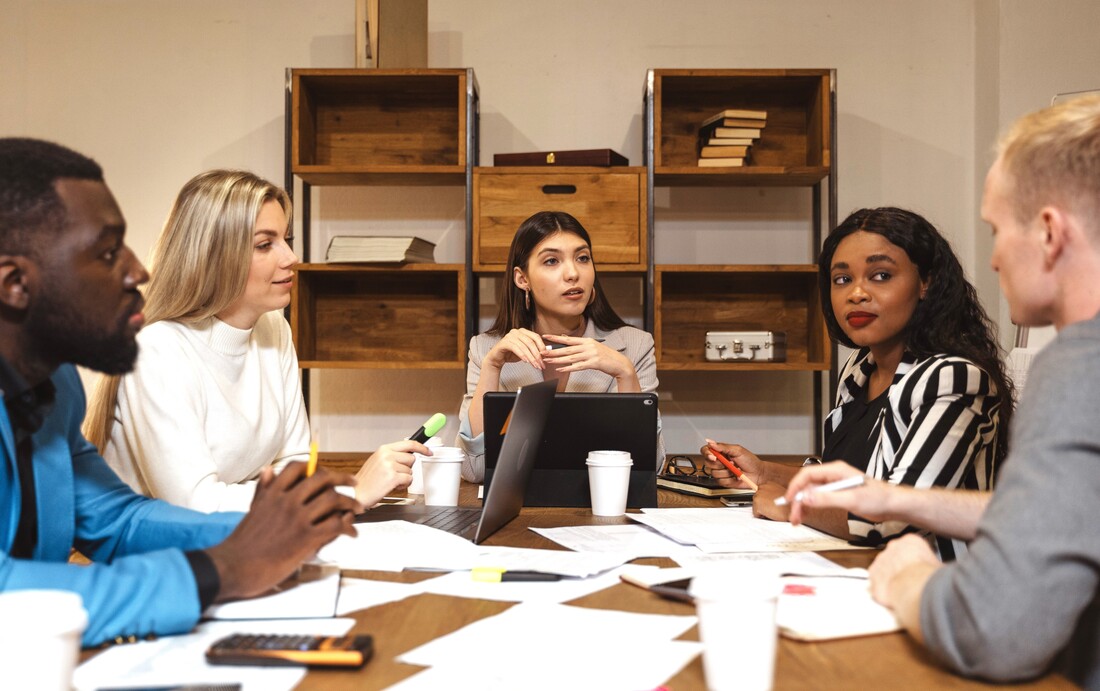
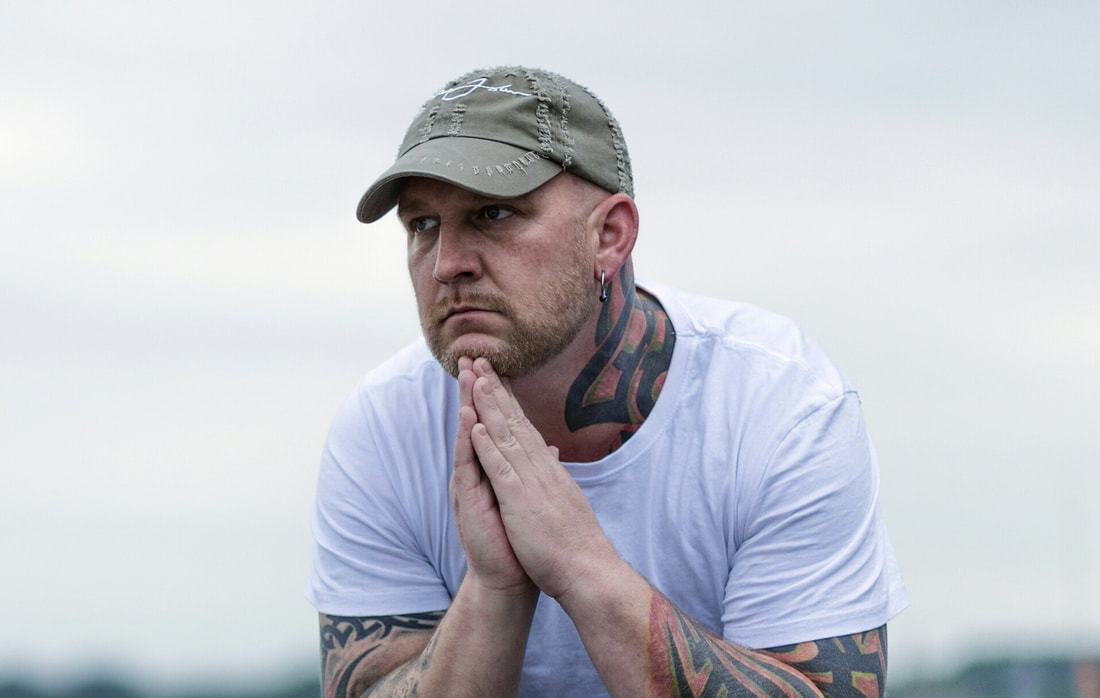



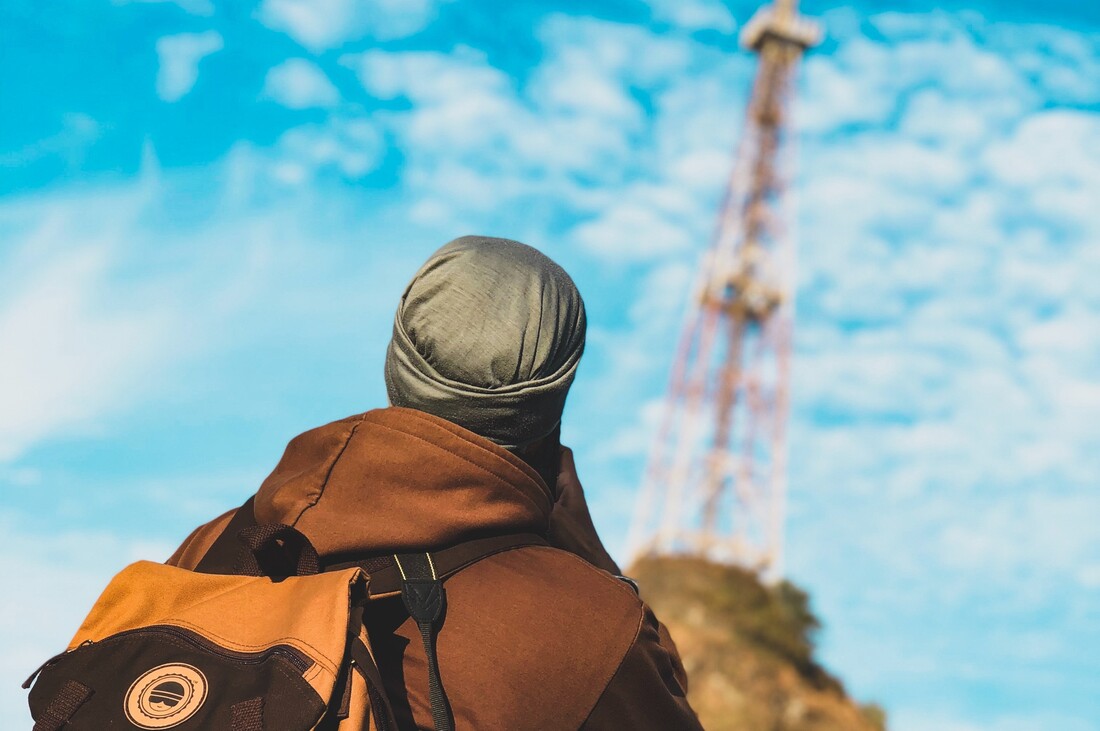
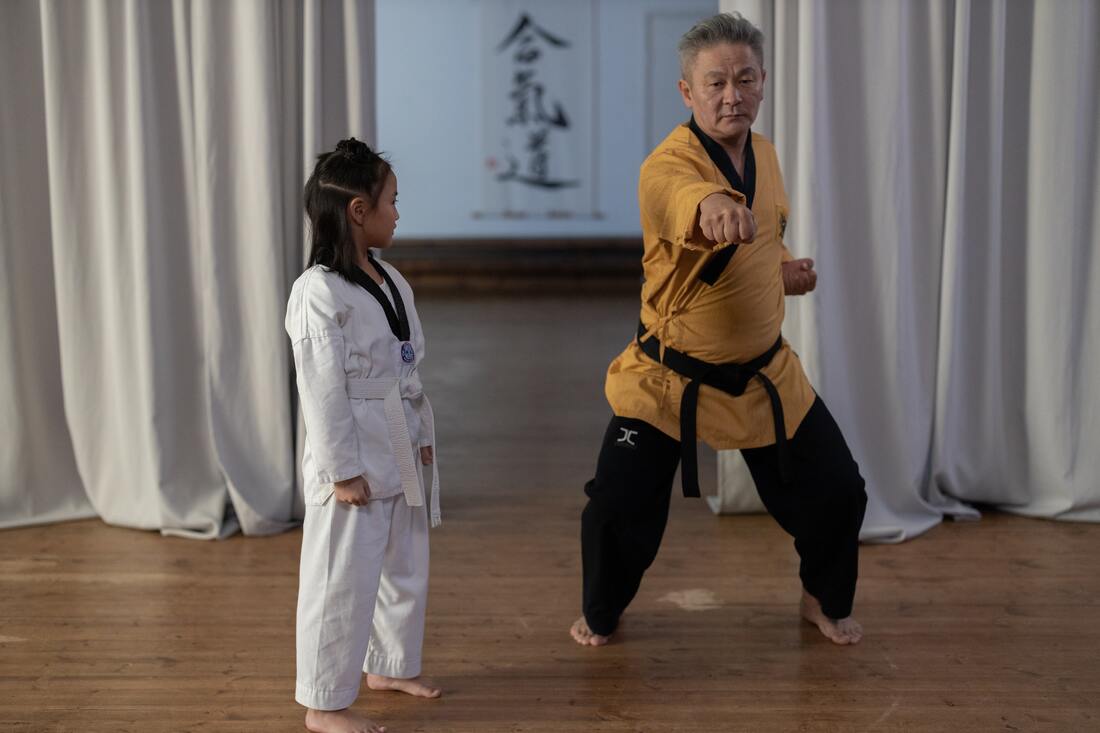
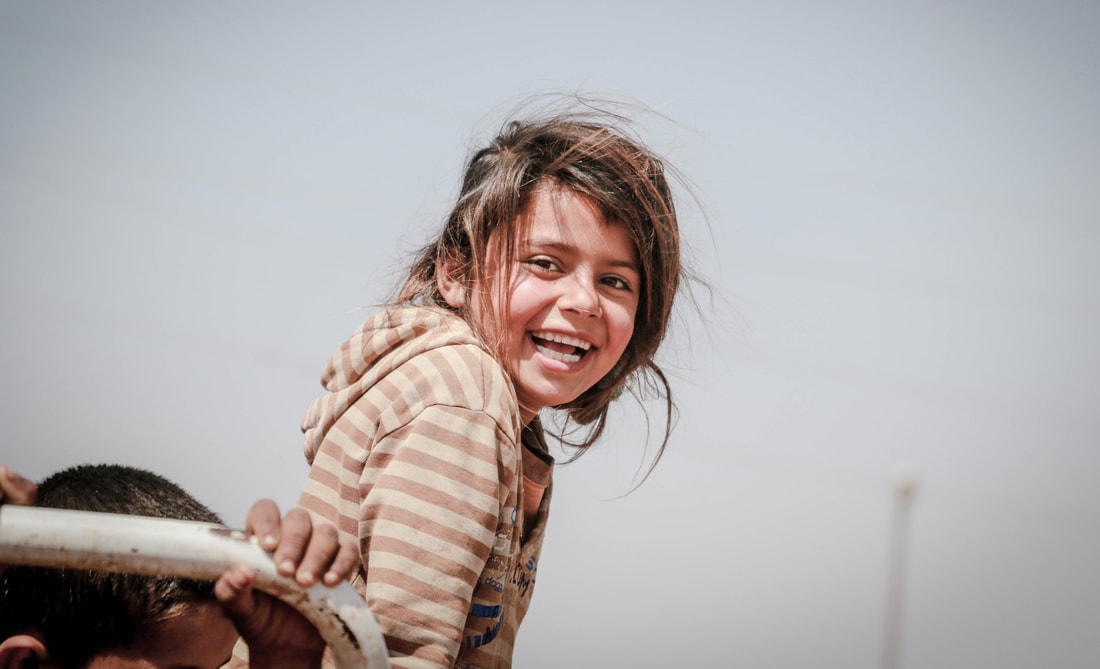
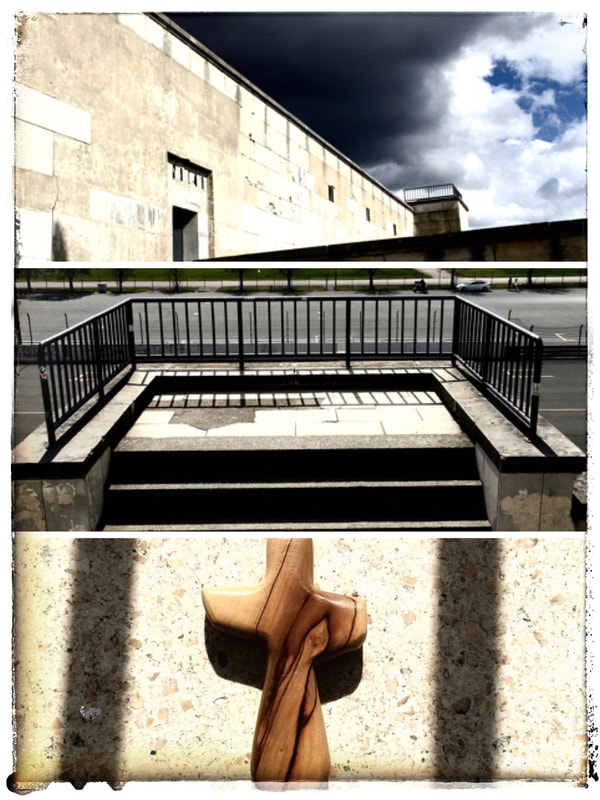
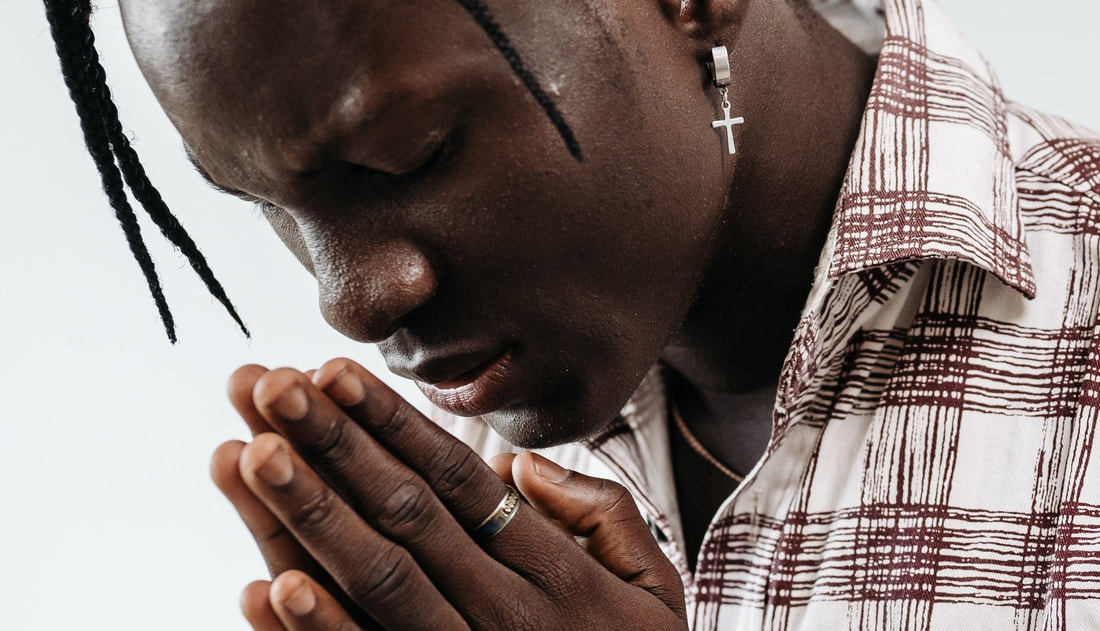



 RSS Feed
RSS Feed